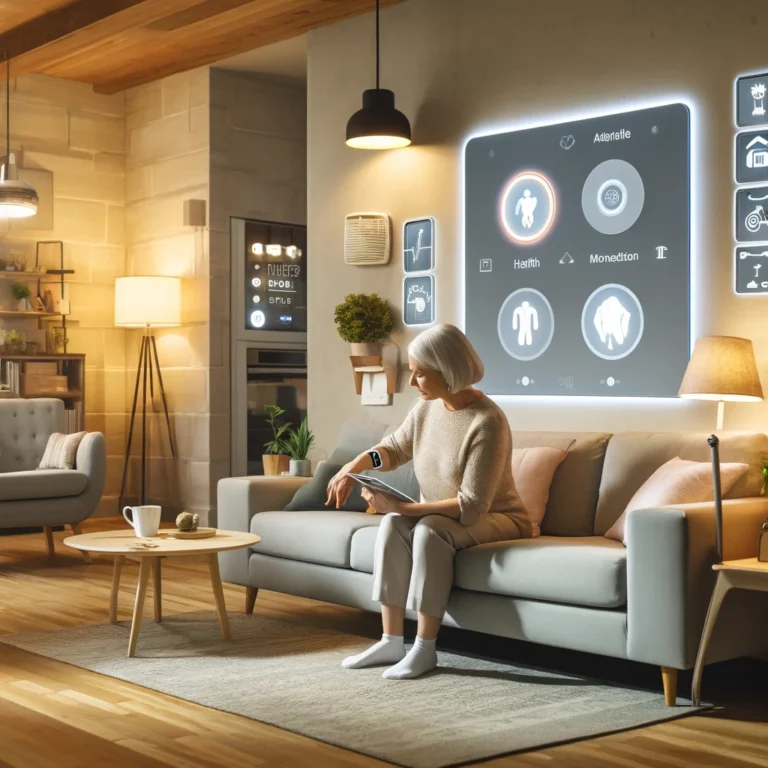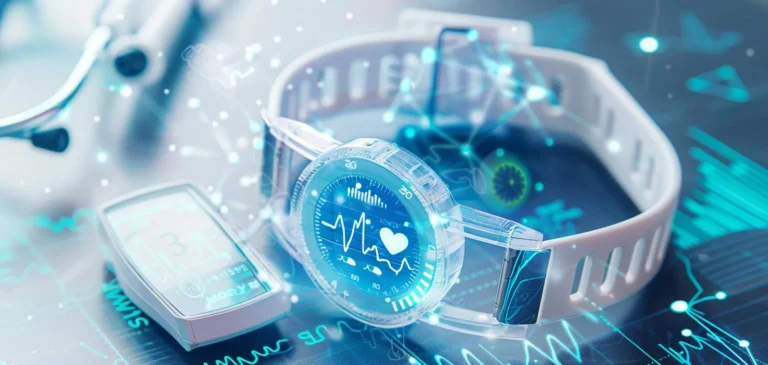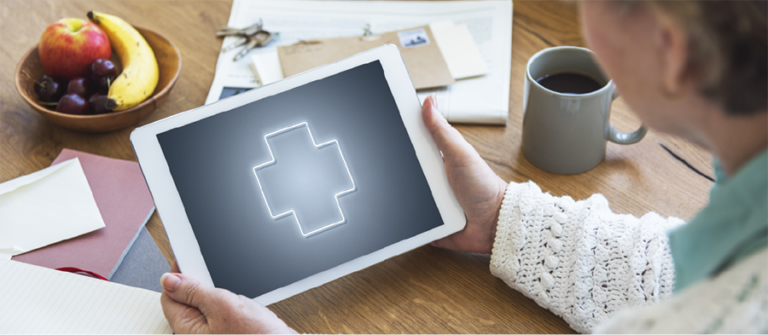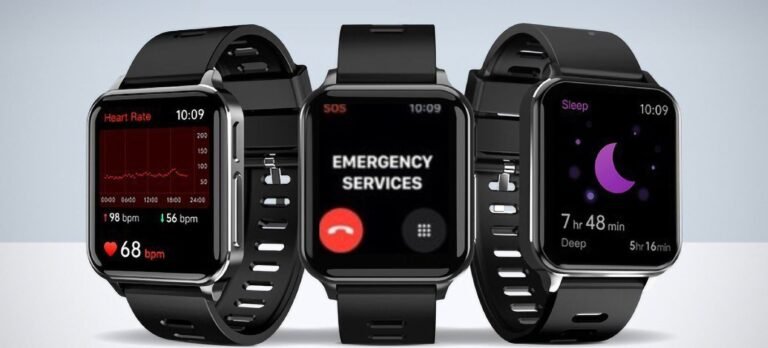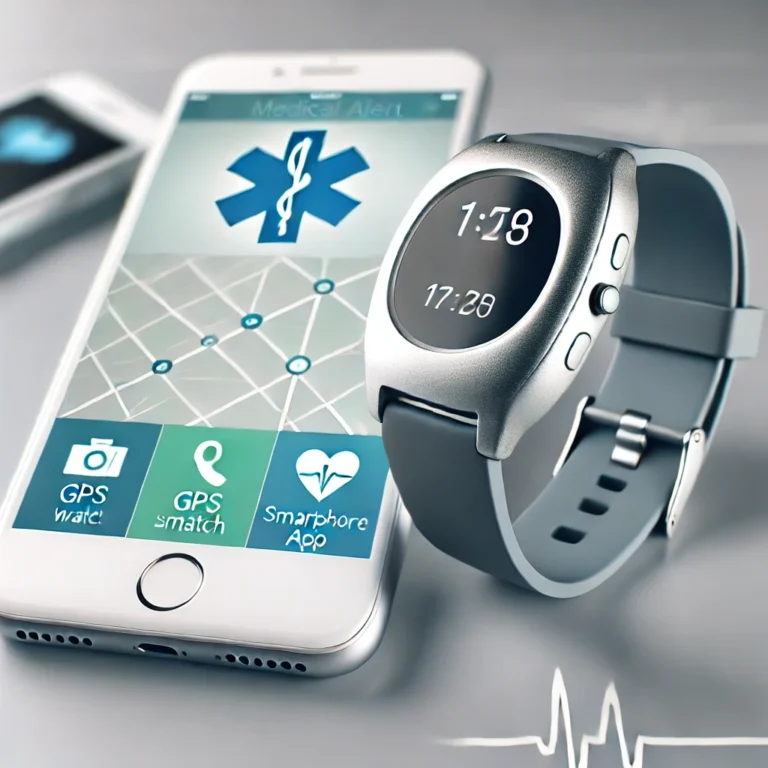For many seniors, a reliable phone must be a part of staying in touch with family, managing health care, and handling emergencies. For those who cannot afford new devices, phone bills are a great expense. Fortunately, there are quite a few programs that offer free phones to seniors, making it easier to stay connected without extra costs.
Through government assistance programs like Lifeline and ACP, as well as major phone carriers and nonprofit organizations, eligible seniors can receive a free phone along with free or discounted service plans. This guide explores the best programs, phone brands, and eligibility requirements to help seniors find the right option in 2025.
Free Phones for Seniors – Top Brands & Providers
Top Brands Offering Free Phones for Seniors
- Jitterbug: Known for its large buttons, simple interface, and emergency response features, making it a top choice for seniors who prefer straightforward devices.
- Verizon: Offers basic flip phones and smartphones with nationwide coverage, ensuring strong and reliable service.
- T-Mobile: Provides affordable senior plans with unlimited talk, text, and data, ideal for seniors who frequently use the internet.
- AT&T: Specializes in hearing aid-compatible phones and accessibility features, helping seniors with hearing impairments communicate more clearly.
While Jitterbug is the easiest to use, Verizon offers the most reliable network, T-Mobile is best for unlimited data, and AT&T provides the best options for those with hearing aids. Seniors should choose a brand based on their specific needs.
Phone Types for Seniors
Different phone types cater to different senior lifestyles.
- Flip Phones: Simple to use, durable, and with a long battery life, making them a great option for those who only need to make calls and send texts.
- Smartphones: Designed for seniors who want access to video calls, apps, and the internet for staying connected beyond traditional phone calls.
- Landlines: Still a good choice for seniors who spend most of their time at home and prefer a reliable connection without worrying about battery life.
Free Phone Programs & Services for Seniors
Government Programs
There are two big government programs that allow seniors to receive free or discounted phones: the Lifeline Assistance Program and the Affordable Connectivity Program (ACP).
Lifeline Assistance Program is a program funded by the federal government and offers free or reduced-cost telephone service to those who are low-income. It is available for seniors who take part in Medicaid, SNAP (food stamps), Supplemental Security Income (SSI), or Veterans benefits. Eligibility can be verified by the Lifeline National Verifier website and then the choice of a certified service provider.
Affordable Connectivity Program (ACP)
The Affordable Connectivity Program (ACP) is aimed at offering free or low-cost phone and broadband services. The program is particularly useful for elderly individuals who use the internet for telehealth visits, video calls, or keeping in touch with loved ones. It makes sure that individuals who need internet-based communication can afford it.
Service Providers Offering Free Phones
Several wireless providers participate in these government programs, offering free phones and service to eligible seniors.
Safelink Wireless offers simple flip phones with free monthly plans that offer talk, text, and a limited amount of data. This is ideal for seniors who mainly use their phones to call and text.
Q Link Wireless provides free phones with unlimited text, talk, and data, which is perfect for seniors to have internet capabilities for browsing, email, and video calls.
Assurance Wireless operates under the Lifeline program, providing seniors with free smartphones and unlimited nationwide calling. Their plan ensures that seniors can call emergency numbers and family members without a high bill.
Each of these providers has different offerings, but all aim to help seniors stay connected without financial strain.
Free Phone Plans for Seniors
The best free cell phone plans for seniors generally involve unlimited text and talk, so they will have complete freedom to communicate without concern for limits. Some also include data for web surfing, video communication, and messaging apps for seniors who use internet-based communications.
Accessibility features are another key aspect of these plans. Some phones come with captioned call services, making conversations easier to follow for those with hearing impairments. Others include emergency buttons that provide instant access to medical or safety assistance, a feature especially useful for seniors living alone.
Low-income seniors and those with disabilities can benefit from plans that specifically address their needs, ensuring they have both the connectivity and the accessibility tools required for daily life.
How to Qualify for Free Phone Services
Eligibility Requirements Based on Income
Seniors may qualify for a free phone if they are enrolled in government assistance programs such as Medicaid, SNAP, SSI, or Veterans benefits. Another way to qualify is through income verification, typically requiring seniors to earn below 135% of the Federal Poverty Guidelines.
How to Apply for Free Phones
The application process is simple and can usually be completed online. Seniors first need to verify their eligibility through the Lifeline National Verifier website. Once approved, they can select a participating provider like Safelink Wireless, Q Link Wireless, or Assurance Wireless. Applicants must then submit proof of eligibility, such as a Medicaid card or an income statement, before receiving their free phone. Once delivered, the phone is ready to be activated and used.
Hearing Aids & Free Phone Compatibility for Seniors
Many free phones available through these programs are hearing aid-compatible (HAC), ensuring clear sound quality for those with hearing impairments. Seniors looking for a compatible phone should check:
- M-Rating and T-Rating: A higher rating means better compatibility with hearing aids.
- Bluetooth-enabled devices: These allow seniors to connect their hearing aids wirelessly for a clearer listening experience.
- Captioning and volume control features: Phones with built-in adjustable volume, noise reduction, and real-time captioning provide enhanced clarity during calls.
Conclusion
A free phone can be a huge difference for seniors in daily life-this provides not only convenience but also a way to maintain a valuable link to family, healthcare providers, and emergency services. The correct phone and service plan can provide increased independence, security, and quality of life.
For those who qualify, taking advantage of these programs is a simple yet impactful step toward staying connected without financial burden. Whether for making calls, accessing essential services, or simply enjoying the peace of mind that comes with having a reliable phone, seniors have more options than ever to find a device that fits their needs.

